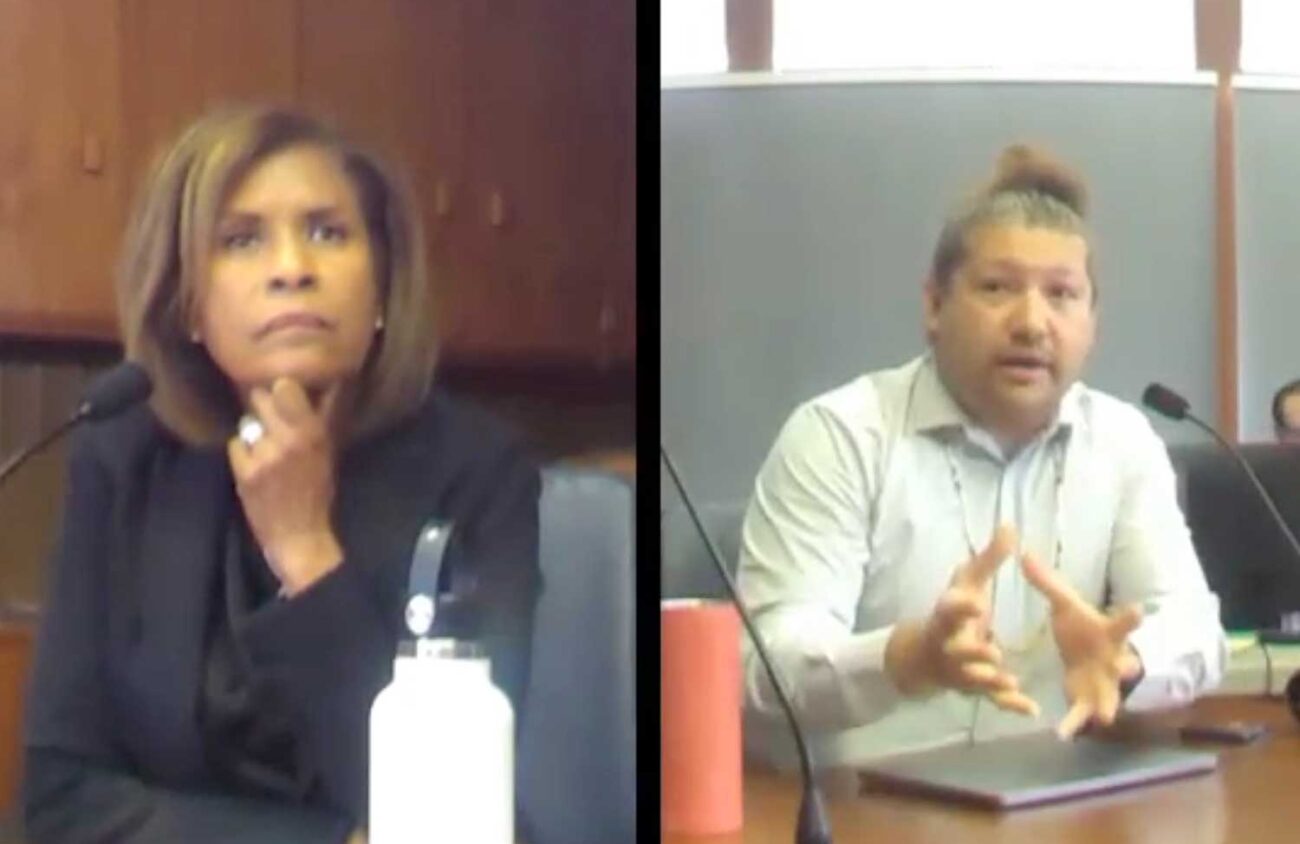On April 15, Lane Community College President Stephanie Bulger brought together members of the College Council, the school’s college planning and policy body, and faculty to discuss concerns regarding the departure of underrepresented faculty members and students as a result of bias and discrimination felt on campus.
“I want to remind everyone that you’ve got a president right now who is leading diversity, equity and inclusion in the college who has both knowledge and lived experience,” she said at the meeting.
When the country began to unpack systemic racial discrimination in the mid-1960s companies were prompted to train employees for diversity, equity and inclusion, or DEI, in the workplace.
Since then, DEI has paved the way for equal employment legislation and affirmative action, ensuring workplace integration while avoiding economic and educational disparity.
DEI is structured to educate and organize workplace environments in a way that helps employees feel a sense of belonging and allows a space for new perspectives.
Bulger joined LCC in 2022 and is the institute’s eighth president. She is a Black woman who says she has lived in predominantly white environments her entire life.
The president went on to say that it “would be ridiculous” to have someone talk to her about diversity, equity and inclusion as she added, “I live it every day, and I can tell you stories, too.”
Sarah Erickson, an LCC mathematics instructor, replied to the president’s opening remarks, “It sounded a little bit to me like you were saying that you didn’t have more room to grow to learn about diversity, equity and inclusion training.”
Erickson recounted their instances of transphobic harassment and discrimination, adding, “I want to encourage all of us, even if we have experienced oppression in one area that doesn’t mean we don’t have room to grow.”
The National Center for Transgender Equality states that more than one in four transgender people have lost a job due to bias and discrimination.
Avery Old Coyote, a multicultural faculty instructor, said he has also been a victim of discrimination due to his Indigenous background. “I have lots of experience at post-secondary institutions and most of it’s not positive, and, in fact, a lot of the interactions have been violent and hostile.”
Coyote expressed that biases and isolation in underrepresented communities within the workplace and classroom continue to outpace DEI-driven results adding, “My issue with DEI is this misunderstanding that as long as you say the words in the right order, almost like a spell or an incantation over and over, it’ll happen. You can have help, but we should be taking help, too.”
Other faculty members in attendance echoed similar concerns to the president, including LCC Librarian Claire Dannenbaum. “The way this meeting was put together is problematic. Philosophically, there was no agenda, no forethought as to who was going to be involved,” she said.
After nearly a year since the Supreme Court decision to end race-conscious admissions and hiring, also known as affirmative action, many colleges across the country have curbed their DEI efforts on campus.
However, after the meeting with faculty on April 15, Lane Community College has been swift in seeking a recommitment to DEI with a new strategic action plan.
Bulger released a statement to the LCC community a week later, on April 22, articulating a vision to have a DEI officer role at LCC, stating, “The role would have significant responsibility to make an impact across the institution, have skill in change management, advance the leadership agenda of the college and sit on the Cabinet, provide strategic direction and action to align the strategic plan with achieving results, and impact the improvement of the college’s culture.”
The role includes responsibilities such as developing and implementing DEI initiatives, conducting training programs, fostering inclusive hiring practices, and collaborating with various departments to ensure equitable opportunities for all students and staff.
Bulger affirmed her stance, stating, “I have never strayed from my commitment to diversity, equity and inclusion in my leadership or to wanting to provide this institution the kind of leadership acumen that can help the college fulfill the goals of the current strategic plan.”
The statement encouraged LCC employees to fill out a survey and answer questions like, “What specific functions and responsibilities in Lane Community College do you think the Diversity, Equity, and Inclusion Officer needs to have in order to make a significant impact on the institution?”
Other questions posed to staff in the survey ask about additional desired skillsets and experience the new DEI officer should have. LCC employees can access it here.
Responses will be accepted through June 10, with plans to fill the DEI officer position by the fall.
This story has been updated.
